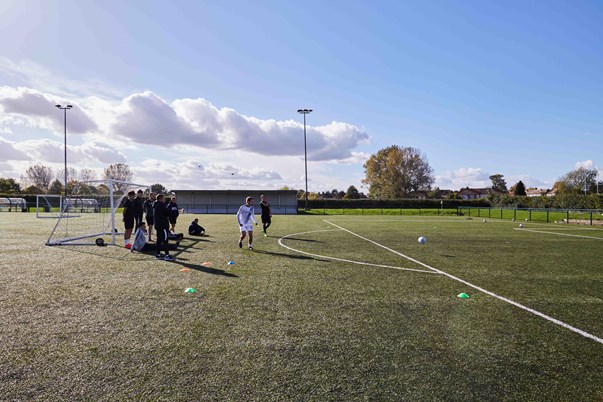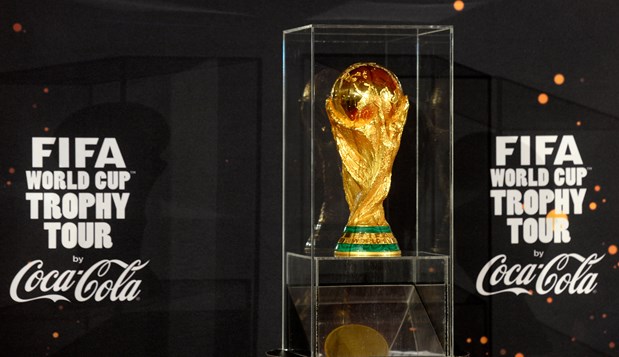Why sponsorship in sport is so important

The benefits of sports sponsorship are wide-ranging and extensive but, at a grassroots level, this can be very fundamental, providing more opportunities to play by contributing towards building new pitches, designing team-kits, and even travel expenses for away games.
In professional football, corporate sponsorship provides clubs with the opportunity to improve the fan experience, both for those in the stadium and supporters streaming the match elsewhere. The funding also goes towards the club’s wider community projects, including food bank deliveries, initiatives to tackle mental health issues and programmes to encourage children living in poverty to play sport.
By securing a long-term, reliable sponsorship in sport, clubs quite simply have more resources to improve the quality of the game, at whatever level, for both the players and the fans.
Who benefits most from the sponsorship?
It is a common misconception that sponsorship only fuels professional clubs’ focus on rising profits and potential signings. In reality, those that benefit most from effective sponsorship deals are often those within the community who have more access to sport due to increased funding, and academy and youth players who have improved training facilities and more professional coaching.
Examples of sports sponsorship

There are several iconic examples of sponsorship in sports, particularly in the most valuable domestic football competition in the world, the Premier League. Emirates sponsorship of Arsenal, for example, which was first signed in 2004 and then extended in 2018, is worth £200 million, which includes the famous training-kit branding. The company has, at least to British football fans, almost become synonymous with the club, gaining enormous exposure to a global audience of over 1.4 billion.
Another classic example is Coca-Cola, the longest-standing corporate partners of FIFA. As the world’s largest drinks company, they’ve remained an official World Cup partner since 1978, and the deal from 2007-2012 alone was worth a whopping £290 million. The famous strapline ‘Eat Football, Sleep Football, Drink Coca-Cola’ may have ground to a halt over 15 years ago, but is testament to the long-lasting impact successful sponsorship in football can have.
Individual players can also land sponsorship deals, separate to those of their club. David Beckham famously banked $42 billion from commercial endorsements, with Adidas being the most well – renowned, and lucrative, in a deal set to last a lifetime.
More recently, Emma Raducanu, Britain’s darling of tennis, has signed deals with Porshche, Tiffany and Co., British Airways, Evian, HSBC and Vodafone worth over $8 million since becoming the first ever qualifier to win a Grand Slam last year. She is now in the top ten earners of the tennis world, despite being 19 years of age and ranked 83rd in the world, proving sponsorship success is far more complex than simply being the best at what you do.
Getting into a sports sponsorship career

A career in sports sponsorship is competitive but hugely rewarding, and can take on several different forms, in a sports marketing agency, a sponsor company (such as the Emirates or Coca-Cola) or with the media owners, including Sky and BT Sport. A rapidly growing area that’s evolving alongside the digital evolution, it is undoubtedly an exciting time to work in this prospering sector.
An Account Executive, specialising in sponsorship, is a common entry-level position, in which you’d be responsible for liaising with clients and rights holders, ensuring you’re heavily involved from the outset and start to develop a sense of what makes a great sponsorship deal.
How to become qualified
Studying a sports business, sports management or sports marketing degree is the typical way to break into the industry and gain the necessary skills, qualities and experience to excel in this sector. At UCFB, the world’s first football and sports university, you’ll also have the chance to secure invaluable work placements at Premier League clubs and across the EFL to boost your chances of employment upon graduating.
If you’re keen to have the edge on other candidates applying for similar positions, a Master’s degree can demonstrate that you have specialist, expert knowledge and are willing to go the extra mile in your work.

















